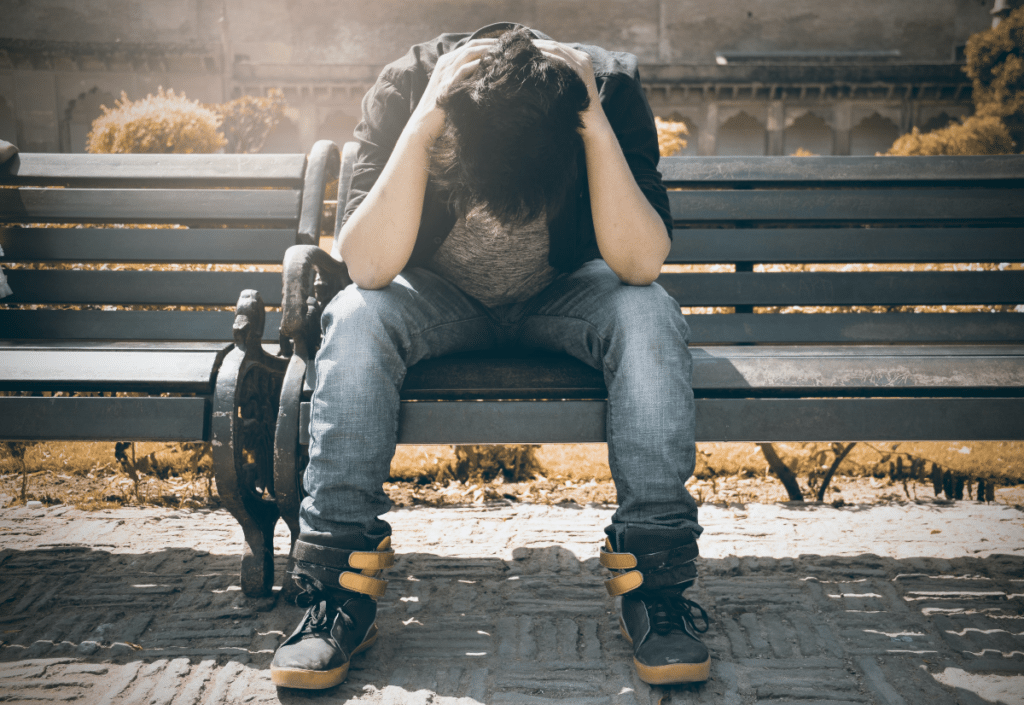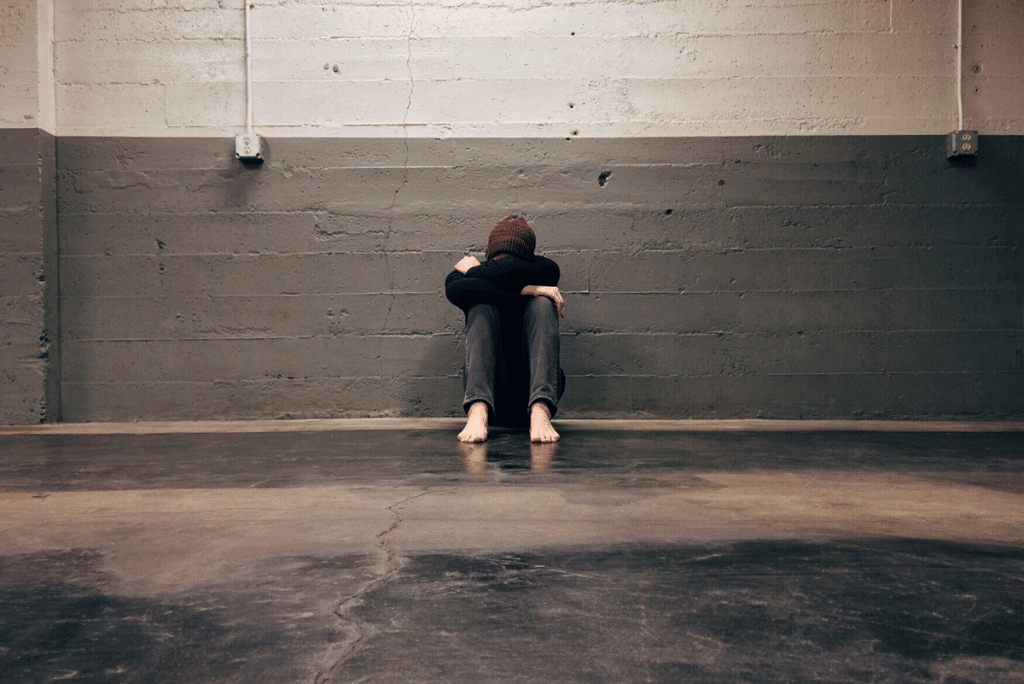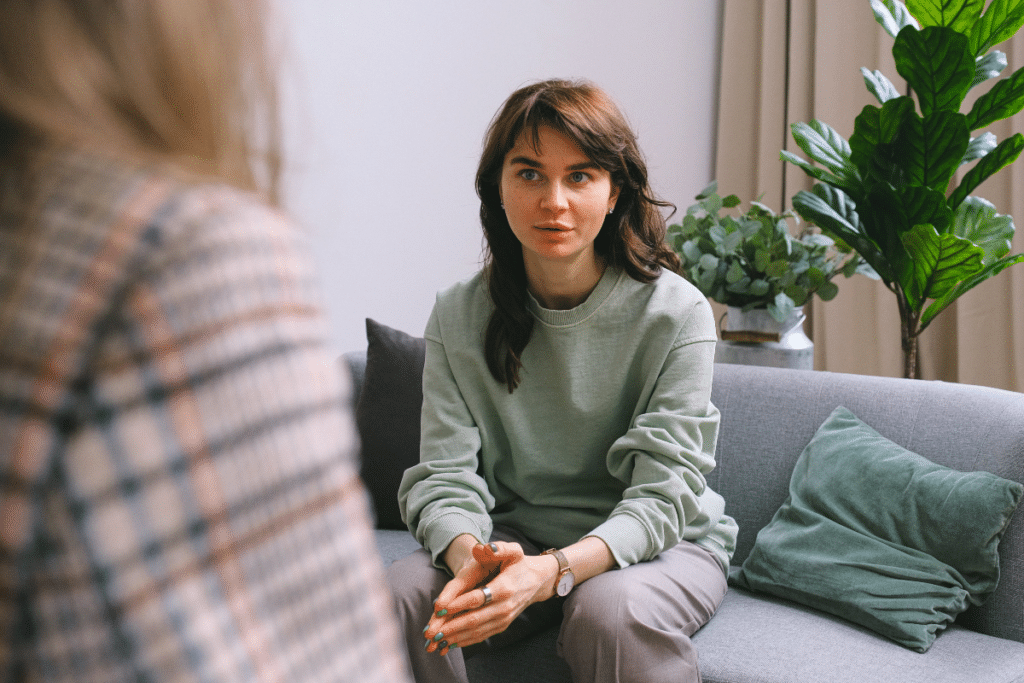
There isn’t a single proven method for treating depression that works for everyone. Depression is a multi-faceted condition, with many different subtypes. Because of this, some people might experience better results with different treatment methods. It’s best to think of depression treatment like relaxing; there are many ways to go about relaxing, but only certain ways may be effective for you. Luxury Psychiatry Clinic proudly offers several different treatment options for depression throughout the greater Orlando area, aimed at helping those struggling with depression find the healing they deserve.
At Luxury Psychiatry Clinic, we offer compassionate and evidence-based depression treatment in Orlando, FL, tailored to meet the unique needs of each individual. We can assist you either in-person or online via telepsychiatry, although our office is located in Winter Garden. Our team of experienced mental health providers works closely with you to create a personalized treatment plan that targets the root causes of your symptoms and promotes long-term wellness. Whether you’re dealing with feelings of sadness, loss of interest, or changes in daily functioning, we’re here to support your recovery with advanced, effective care.
Located in the heart of Florida, our treatment center provides a full spectrum of mental health services, including cognitive behavioral therapy (CBT), medication management, and transcranial magnetic stimulation (TMS). We also address co-occurring disorders like substance use, bipolar disorder, ADHD, and OCD, ensuring a comprehensive approach to healing. If you or a loved one is searching for high-quality depression treatment in Orlando, our clinic is here to help you regain your sense of well-being and restore balance in your daily life.
Depression, clinically referred to as major depressive disorder (MDD), is defined by the DSM-5 as a mood disorder characterized by a persistently depressed mood or loss of interest in most activities, lasting for at least two weeks and representing a change from previous functioning. To meet diagnostic criteria, individuals must experience at least five symptoms, such as feelings of sadness, loss of interest, significant changes in weight or appetite, insomnia or hypersomnia, fatigue, difficulty concentrating, feelings of worthlessness or excessive guilt, and recurrent thoughts of death. These symptoms must cause significant distress or impairment in daily life and cannot be attributed to another medical condition or substance use.

Although most iterations of depression are unique, certain commonalities appear across many different expressions of the condition. When enough of the similar symptoms are present, this allows mental health professionals to make a formal diagnosis with one of the following types of depression:
Major Depressive Disorder (MDD) is one of the most common and severe mental health conditions, marked by prolonged periods of deep sadness, hopelessness, and loss of interest in activities once enjoyed. Individuals may also experience changes in appetite, sleep disturbances, fatigue, and difficulty concentrating. MDD can significantly interfere with daily life and relationships, and often requires a combination of psychotherapy, antidepressant medications, and other evidence-based interventions as part of a comprehensive treatment plan.
Also known as Persistent Depressive Disorder, dysthymia is a chronic form of depression that lasts for two years or more. While symptoms are typically less severe than those seen in MDD, they can be more enduring, making it difficult for individuals to function normally over long periods. People with dysthymia may struggle with low energy, poor self-esteem, and a sense of hopelessness. Cognitive behavioral therapy (CBT) and medication management are common treatment options that can improve mood and overall well-being.
Manic Depression is an older term that is now classified under bipolar disorder, a mood disorder characterized by dramatic shifts between depressive episodes and periods of mania or hypomania. During depressive episodes, individuals may experience the classic symptoms of depression, while manic episodes are marked by elevated mood, increased energy, impulsive behavior, and a decreased need for sleep. Effective treatment programs often include mood stabilizers, psychiatry support, and ongoing mental health treatment to help manage the condition over time.
Bipolar depression refers specifically to the depressive phase of bipolar disorder. These episodes can closely resemble those of MDD, including feelings of sadness, loss of interest, fatigue, and suicidal thoughts. However, because of the potential for manic episodes, treatment approaches differ from standard depression treatment. Care must be taken in prescribing antidepressants, and therapy is typically supplemented with mood stabilizers and behavioral health interventions. A thorough understanding of the patient’s history and mental health disorders is crucial for accurate diagnosis and effective health care delivery.

Although the former types of depression were diagnoses, introjective and anaclitic depression refer to two theoretical concepts that help us understand how depression develops in early childhood and is expressed in adult life. Understanding these subtypes can help professionals decide on specific treatments to deal with whatever the exact source of the depression may be.
Introjective depression is centered around feelings of failure, self-criticism, and worthlessness. Individuals with this form of depression often struggle with issues of self-definition, autonomy, and internalized standards, leading to intense guilt and feelings of sadness when they feel they haven’t lived up to their own expectations. This subtype is frequently linked to perfectionism and can benefit from psychotherapy approaches like cognitive behavioral therapy (CBT) and dialectical behavior therapy (DBT) that target negative thought patterns.
In contrast, anaclitic depression stems from disruptions in interpersonal relationships and emotional attachments. It is characterized by symptoms of depression such as loss of interest, helplessness, and feelings of abandonment. People with anaclitic depression often fear being alone and crave closeness, making them highly sensitive to rejection or loss. Effective treatment options include group therapy, relational interventions, and supportive therapy sessions aimed at rebuilding emotional connections and fostering a sense of well-being and security. Understanding the distinction between these subtypes helps clinicians tailor their treatment approach to better suit each person’s unique needs.
Depression isn’t a one-size-fits-all condition, but there are certain symptoms that are common across all expressions of depression. If you or a loved one think you’re struggling with depression, it may be worth considering if you show any of the following depression signs:
It’s important to keep in mind that no one diagnosis of depression will include every depression symptom, and that everyone’s depression is going to be unique. This is why it is so important to have iterative treatment options that hone in on your specific needs.
At Luxury Psychiatry Clinic, we know there isn’t a one-size-fits-all approach to depression treatment. That’s why we’re big believers in iterative treatment for depression. This means we’ll more than likely change our treatments the longer we’re providing services for you. We do this to ensure that you’re always receiving the best possible care for your diagnosis as we learn more about how your depression gets expressed.
For those in the Orlando area seeking face-to-face support, our clinic offers in-person psychiatry appointments designed to address a wide range of mental health conditions, including major depressive disorder, bipolar disorder, and co-occurring disorders. Our board-certified clinicians work closely with each patient to develop a personalized treatment plan that may include medication management, psychotherapy, and other evidence-based approaches. In-person visits allow for a deeper therapeutic connection and direct observation, which can be especially valuable for those with complex mental health issues.
For those who prefer flexibility or have difficulty attending in-person visits, our online telepsychiatry services provide access to the same high-quality mental health treatment from the comfort of home. Licensed psychiatry providers conduct secure virtual sessions, making it easier to maintain continuity of care and manage symptoms of depression without disrupting your daily life. This is a convenient option for many Florida residents, whether living in central Orlando or elsewhere in the state.
TMS is a non-invasive, FDA-approved treatment for treatment-resistant depression. It uses magnetic pulses to stimulate areas of the brain involved in mood regulation and has shown significant success for those who haven’t responded to antidepressants or talk therapy. At Luxury Psychiatry Clinic, we offer TMS therapy in a comfortable, supervised setting with treatments tailored to each individual’s unique brain patterns and treatment needs.
We proudly offer Spravato, a form of ketamine therapy, for individuals suffering from severe depression or treatment-resistant depression. Administered under medical supervision, this innovative nasal spray targets glutamate receptors in the brain, delivering fast-acting relief from depressive symptoms. Spravato is part of a broader treatment program that includes therapy sessions, medication management, and close monitoring by our mental health providers to ensure safety and effectiveness.
Also known as psychotherapy, talk therapy is a foundational component of our depression treatment services in Orlando. Our licensed therapists offer approaches such as CBT, DBT, and interpersonal therapy to help individuals process emotions, challenge negative thought patterns, and develop healthier coping strategies. Whether you’re struggling with feelings of sadness, loss of interest, or other mental health disorders, therapy sessions provide a supportive space to promote healing and long-term well-being.

If you or a loved one is struggling with depression or related mental health issues, you don’t have to face it alone. At Luxury Psychiatry Clinic in Orlando, we offer a wide range of evidence-based and personalized treatment options to support your path to healing and well-being. From in-person psychiatry to advanced therapies like TMS and Spravato, our dedicated team of providers is here to meet your unique needs with compassion and expertise.
Take the first step toward feeling better today. Use our online scheduler to book your initial consultation and begin your journey toward better mental health and a brighter future.
Bains, Navneet. “Major Depressive Disorder.” StatPearls [Internet]., U.S. National Library of Medicine, 10 Apr. 2023, www.ncbi.nlm.nih.gov/books/NBK559078/.
Cuijpers, Pim, et al. “Cognitive Behavior Therapy vs. Control Conditions, Other Psychotherapies, Pharmacotherapies and Combined Treatment for Depression: A Comprehensive Meta-Analysis Including 409 Trials with 52,702 Patients.” World Psychiatry : Official Journal of the World Psychiatric Association (WPA), U.S. National Library of Medicine, 14 Jan. 2023, pmc.ncbi.nlm.nih.gov/articles/PMC9840507/.
Tolentino, Julio C, and Sergio L Schmidt. “DSM-5 Criteria and Depression Severity: Implications for Clinical Practice.” Frontiers in Psychiatry, U.S. National Library of Medicine, 2 Oct. 2018, pmc.ncbi.nlm.nih.gov/articles/PMC6176119/.
* Any patient needing a controlled substance needs a face-to-face appointment with the provider prior to the prescription being sent to be compliant with the DEA guidelines.
We Look Forward to Seeing You!